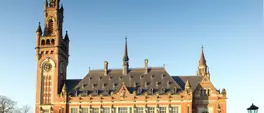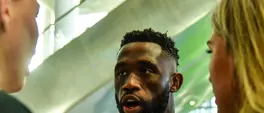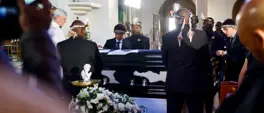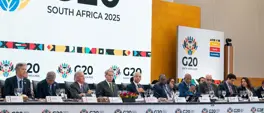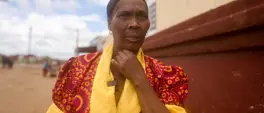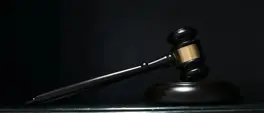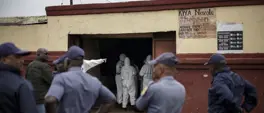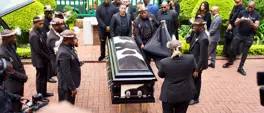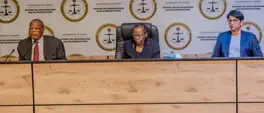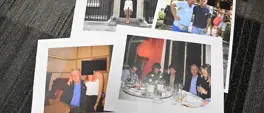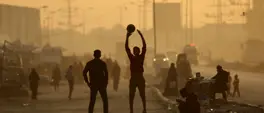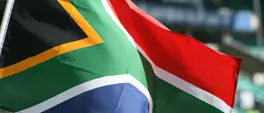MANDY WIENER: Criteria of who can start a political party in SA is far too low
Mandy Wiener
31 August 2023 | 4:30This week’s developments have demonstrated it yet again writes Mandy Wiener, as corruption-accused Ace Magashule forms new party.
OPINION
What does a career politician do when torpedoed into the political wilderness, without a political home and any prospects of finding alternative employment or real meaning in life? Start a political party of their own of course!
This week disgraced former ANC Secretary General and corruption accused Ace Magashule finally announced a movement of his own – The ACT – The African Congress for Transformation.
The most high profile of his recruits at the unveiling emerged as ex-Hawks boss Lt General Berning Mthandazo Ntlameza. The erstwhile top cop was responsible for a dark period of rogue antics, cover-ups and smear campaigns from 2014 to 2017.
The high court in Pretoria struck down his appointment as Hawks head. He was famously behind the 27 questions sent to Pravin Gordhan. Ntlemeza was also found by the courts to have lied under oath and that he "lacks integrity and honour."
Magashule was expelled from the ANC and is currently facing criminal charges for his alleged role in a housing tender scheme in which high-ranking Free State government officials apparently received kickbacks from money that was meant to go to removing dangerous asbestos from the homes of residents in the province.
Not exactly a great track record for potential leaders or elected officials vying for votes.
One of the most beautiful features of our incredible constitutional democracy is the plurality of political parties and the option to cast a ballot for whichever candidate you choose to support. There is an argument that an abundance of options dilutes the opposition and does not allow a viable, strong challenger to emerge against the ANC.
What then is the threshold to start a political party? According to the IEC’s website, the law provides for four options or levels for registering a political party. Registering a party does not automatically mean it qualifies to contest an election. To register at national level, you would need to submit an application form, a name, an abbreviated name, a logo, a constitution, a deed of foundation signed by 1000 registered voters who support the founding of the party and a R5,000 registration fee. In other words, Magashule would have had to convince 1000 people to support him.
The threshold is not exactly difficult to achieve to start a political party. The financial reward if Magashule is able to get voted in as an MP will be well worth the effort.
The legislation around independent candidates has also been in the spotlight this week. The Constitutional Court has been hearing arguments around the recently amended Electoral Act. The act is critical to independent candidates being able to contest elections but in its current form, the law is flawed. As OUTA’s Wayne Duvenage explains, the hearing is essential.
“If the status quo remains, the playing field remains skewed, hindering independent candidates from participating meaningfully. Current rules demand an exceedingly high number of signatures, and independents compete for only half of Parliament's seats (200), unlike political parties which will have access to all 400 seats, including the 200 compensatory seats, reserved for political parties on a voter ratio that excludes seats won by independent candidates,” Duvenage explains in a column this week.
Technically as it stands, an independent candidate could be elected President if they receive enough votes for a seat in the National Assembly and have the support of Parliament. But it could also mean that an independent candidate could receive 51% of the popular vote at the polls and still only receive one seat in Parliament.
Duvenage argues that the flawed setup must be rectified in time for next year’s elections. This would allow independent candidates to fairly contest at the polls.
But we could also be more discerning about who is able to start a political party and contest at the polls and what the criteria to appear on a ballot paper are. I have argued before that the bar for elected officials is far too low in South Africa. This week’s developments have demonstrated that yet again.
Get the whole picture 💡
Take a look at the topic timeline for all related articles.
